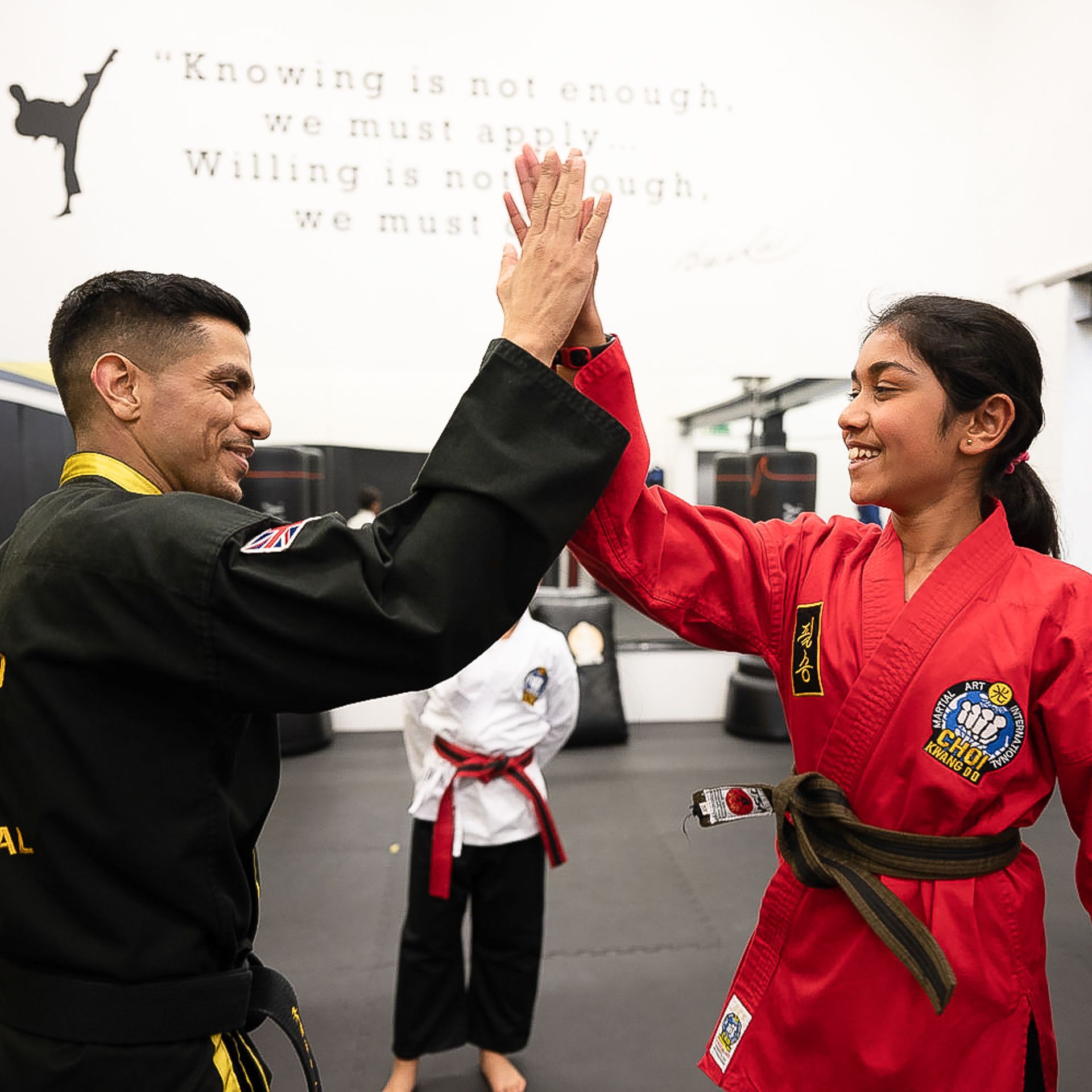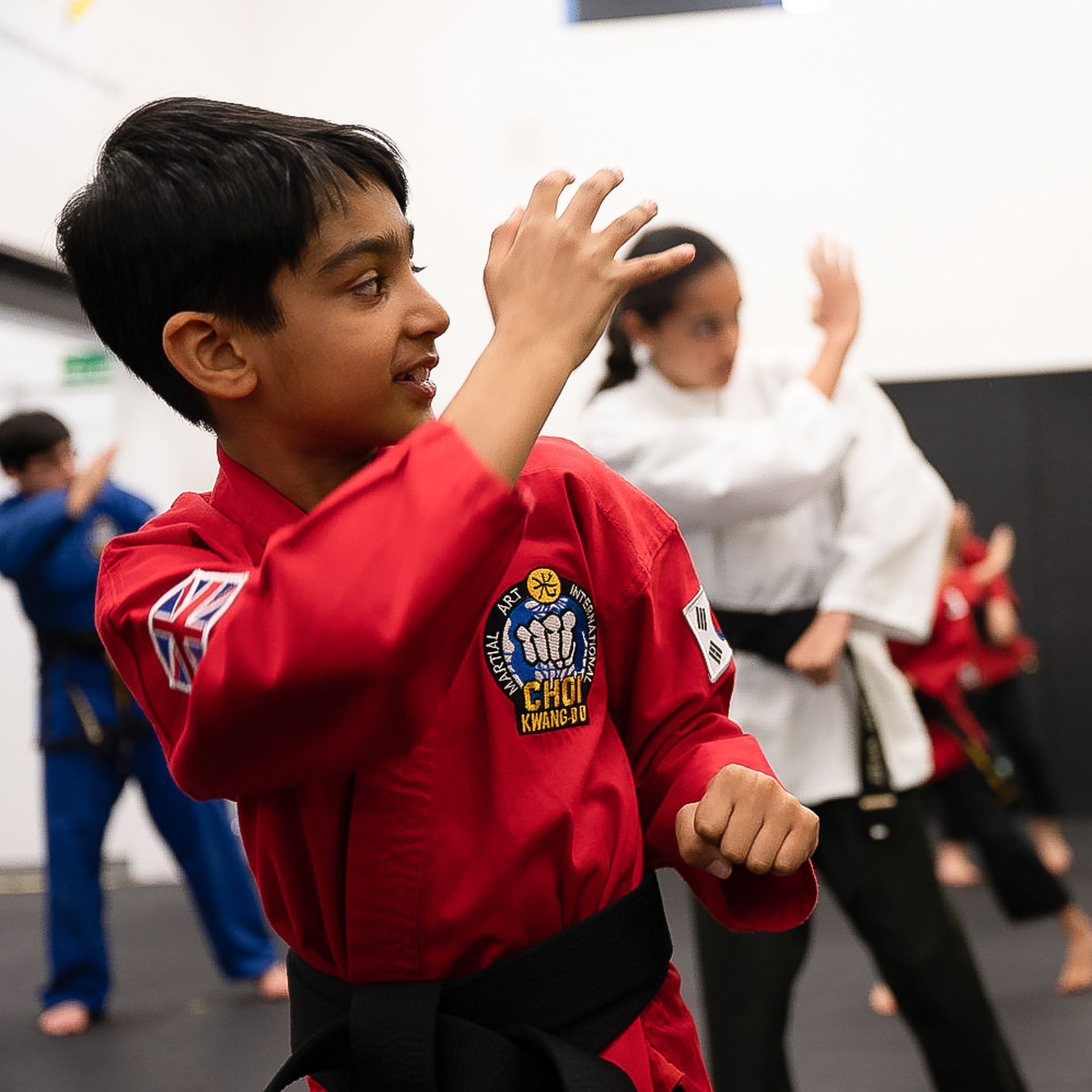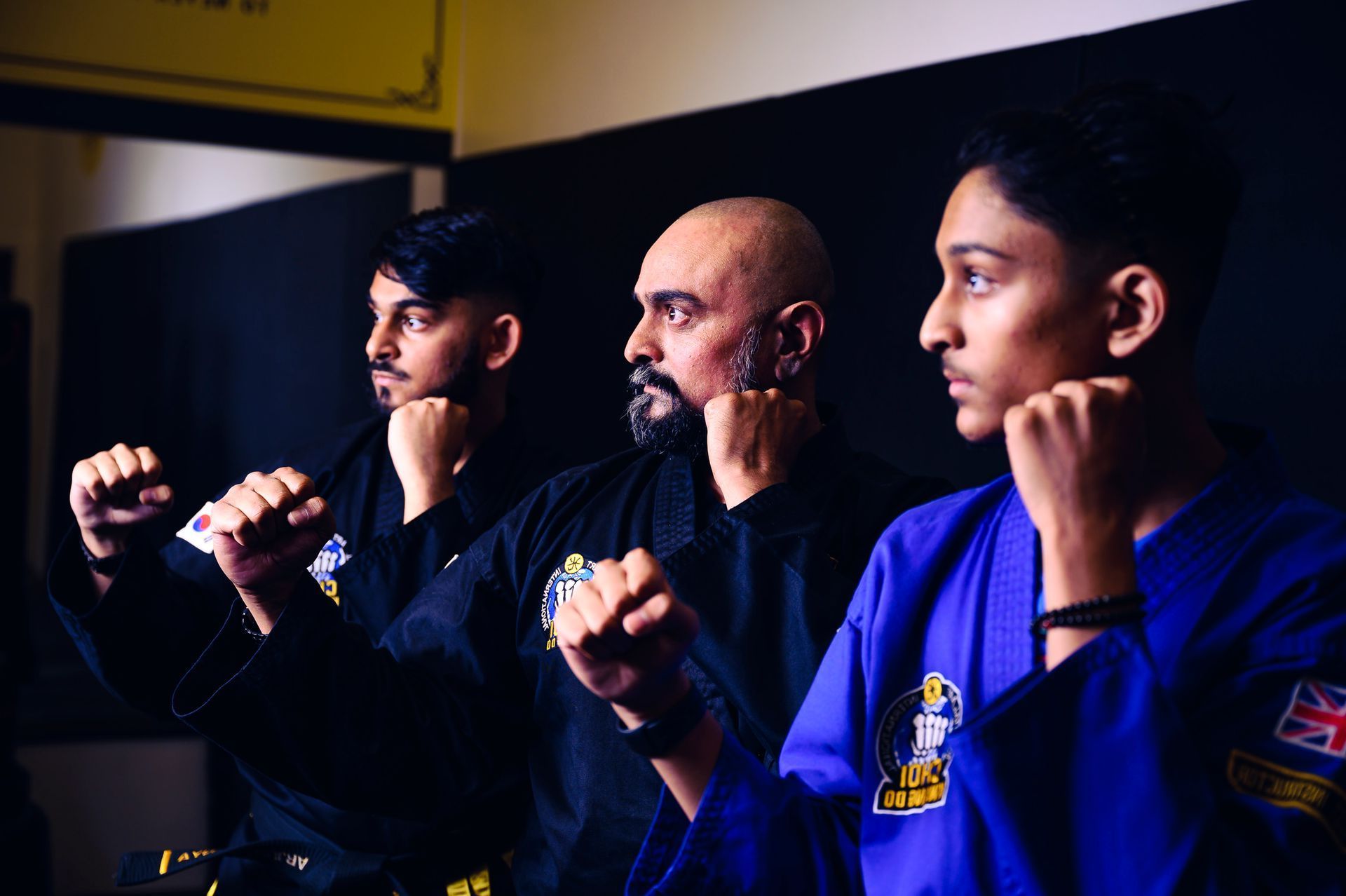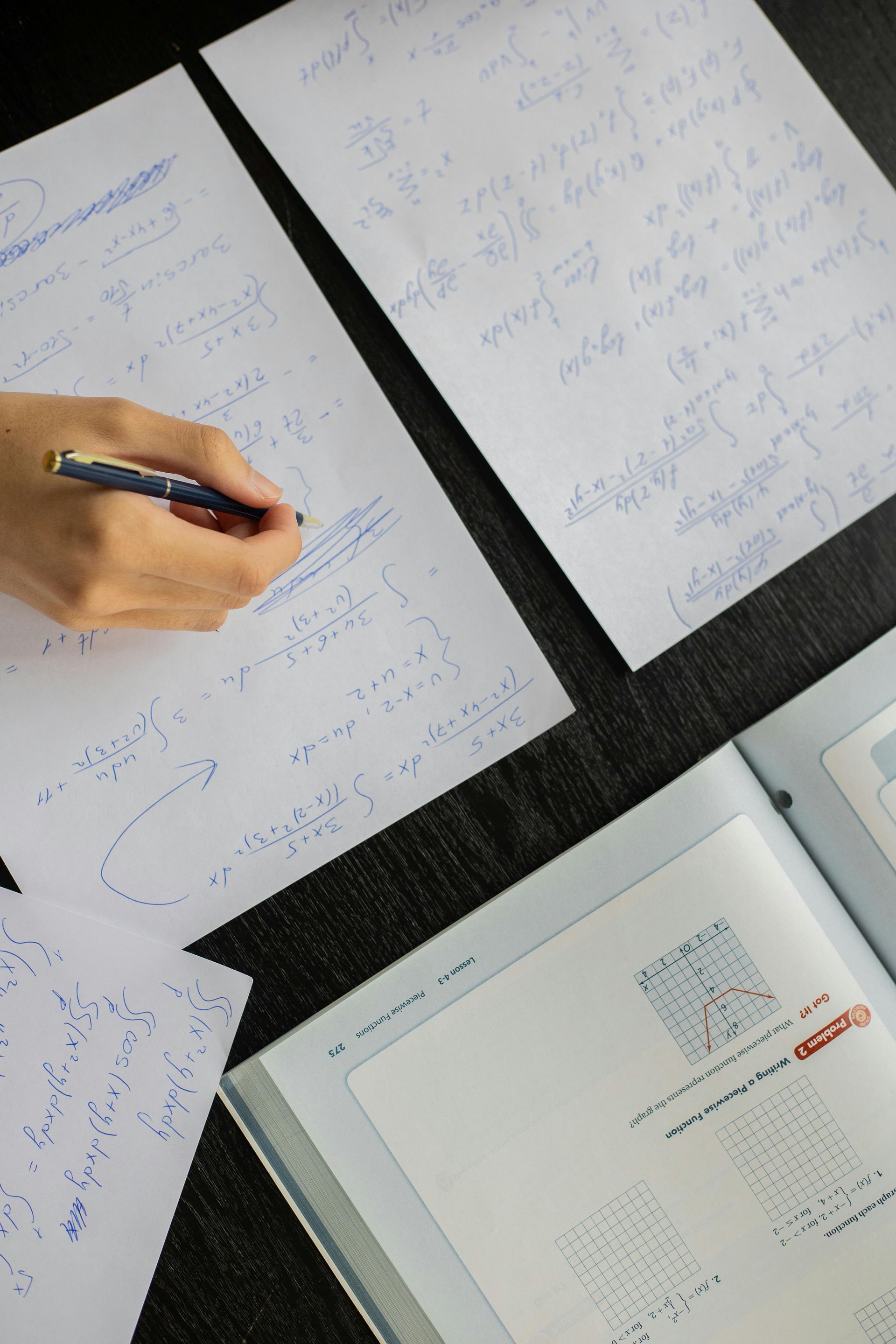Blog
You Don’t Outgrow the Basics – You Master Them
In Choi Kwang Do, we often say: “The foundation is everything.” As students’ progress from white belt to black belt, it can be tempting to chase advanced movements, fast combinations, and high-level techniques. But the truth is— it’s the white belt techniques that build black belt excellence .
Don’t Outgrow the Fundamentals
Some believe that once you reach higher belts, the early techniques no longer apply. But in Choi Kwang Do, we understand that white belt doesn’t mean ‘basic’—it means ‘foundational.’ The very first movements—Outward Block, Knee Strike, Rear Punch—contain within them the mechanics, power principles, and mindset that define every level beyond.
At black belt level, you’re not doing different techniques—you’re doing the same techniques at a different standard.
Kinetic Linking Starts at White Belt
Choi Kwang Do is built around biomechanical efficiency— using the body as one integrated unit. What makes a black belt’s punch or block effective isn’t just speed—it’s rhythm, breathing, sequential motion, and energy transfer through kinetic linking.
All of that begins with the white belt syllabus. Without a strong foundation in those movements, a student will struggle to access true power, balance, or flow later on.
The Art of Refinement
At white belt, we learn the how. At black belt, we start to understand the why.
Revisiting techniques like the Outward Block or Knee Strike at black belt level means refining:
- Posture and alignment
- Breathing and relaxation
- Timing and intent
- Application in close-range scenarios
This refinement turns repetition into mastery.
Teaching the Basics Deepens Your Mastery
As senior belts and instructors, we revisit white belt techniques regularly—not just for our students, but for ourselves. Explaining how to perform a Front Stance or Inward Block forces us to reflect on our own habits and execution. Every correction we offer others sharpens our own skills.
And when we demonstrate those techniques with precision, we show newer students what excellence looks like, even in the simplest movement.
Staying Grounded as You Rise
At Musa Martial Arts, we believe in the beginner’s mindset. No matter how high the rank, we approach every class with humility and a willingness to improve.
When black belts go back to the basics, they don’t regress—they elevate.
Final Thought
In Choi Kwang Do, black belt is not the end—it’s a new beginning. And that new beginning still starts with a front punch, a block, and a kick… but performed with focus, understanding, and heart.
So, the next time you do a White Belt Pattern, do it like a Black Belt. Because true mastery lives in the basics.
Pil Seung,
Master Musa
Master Instructor,
Musa Martial Arts Northwood